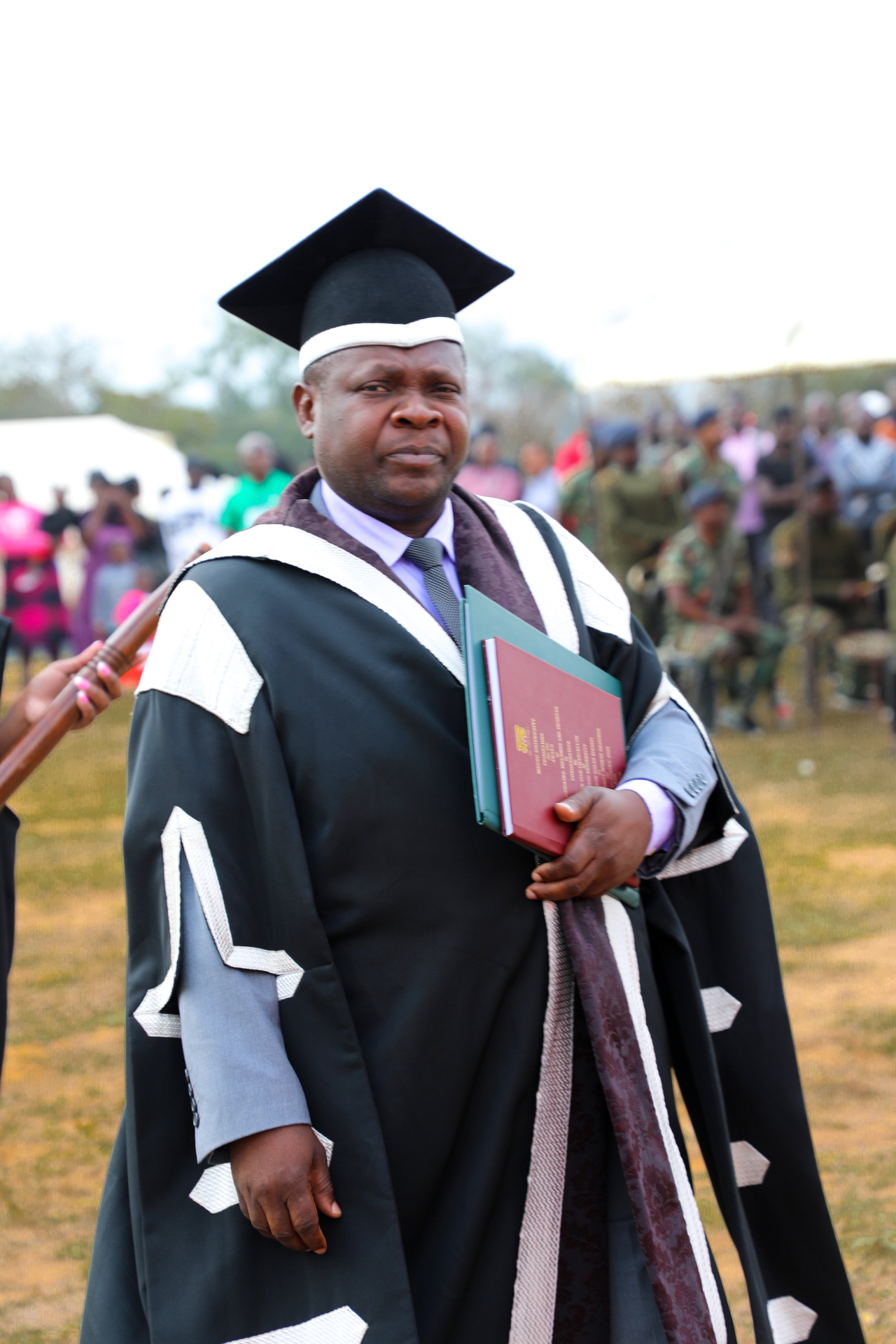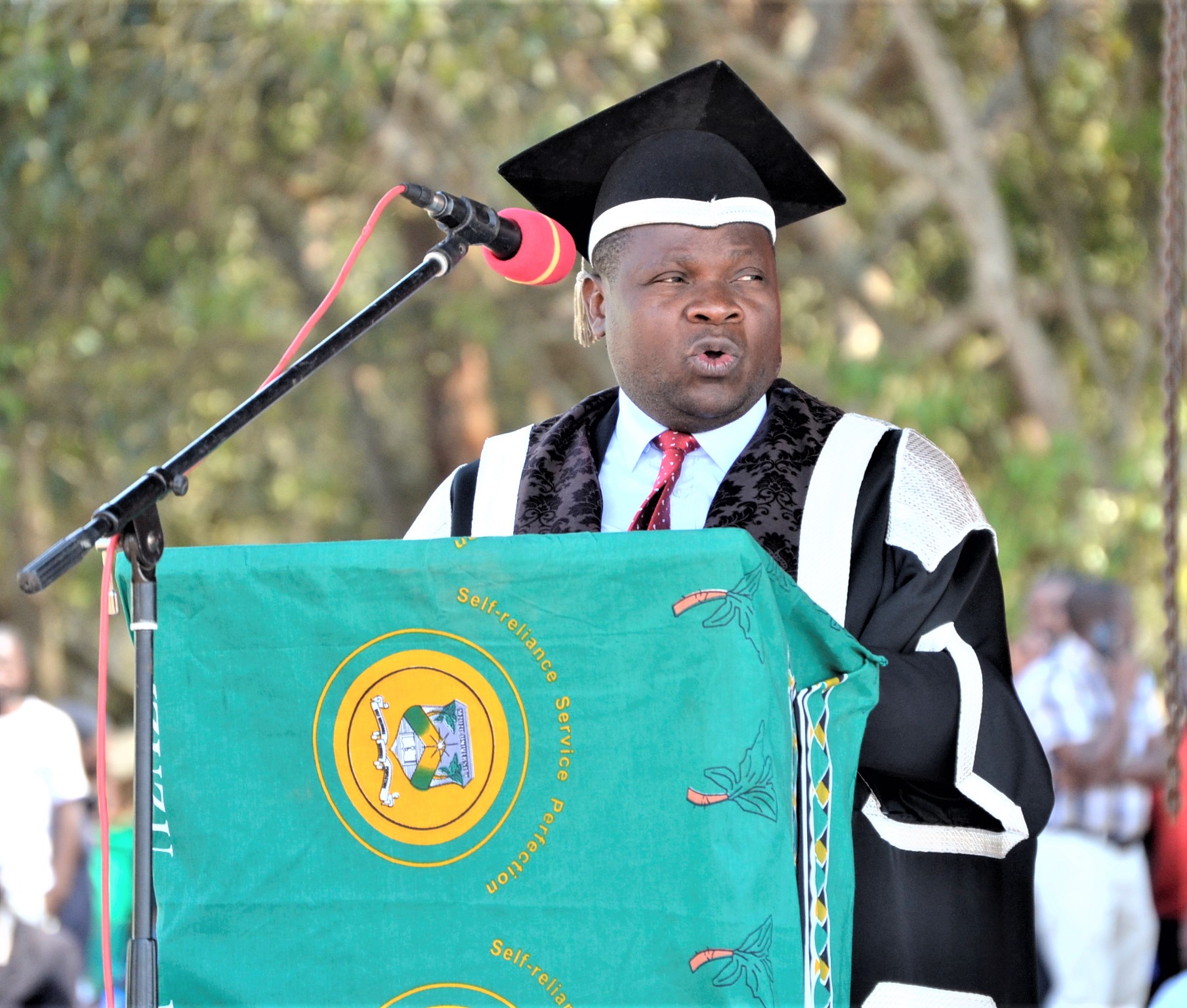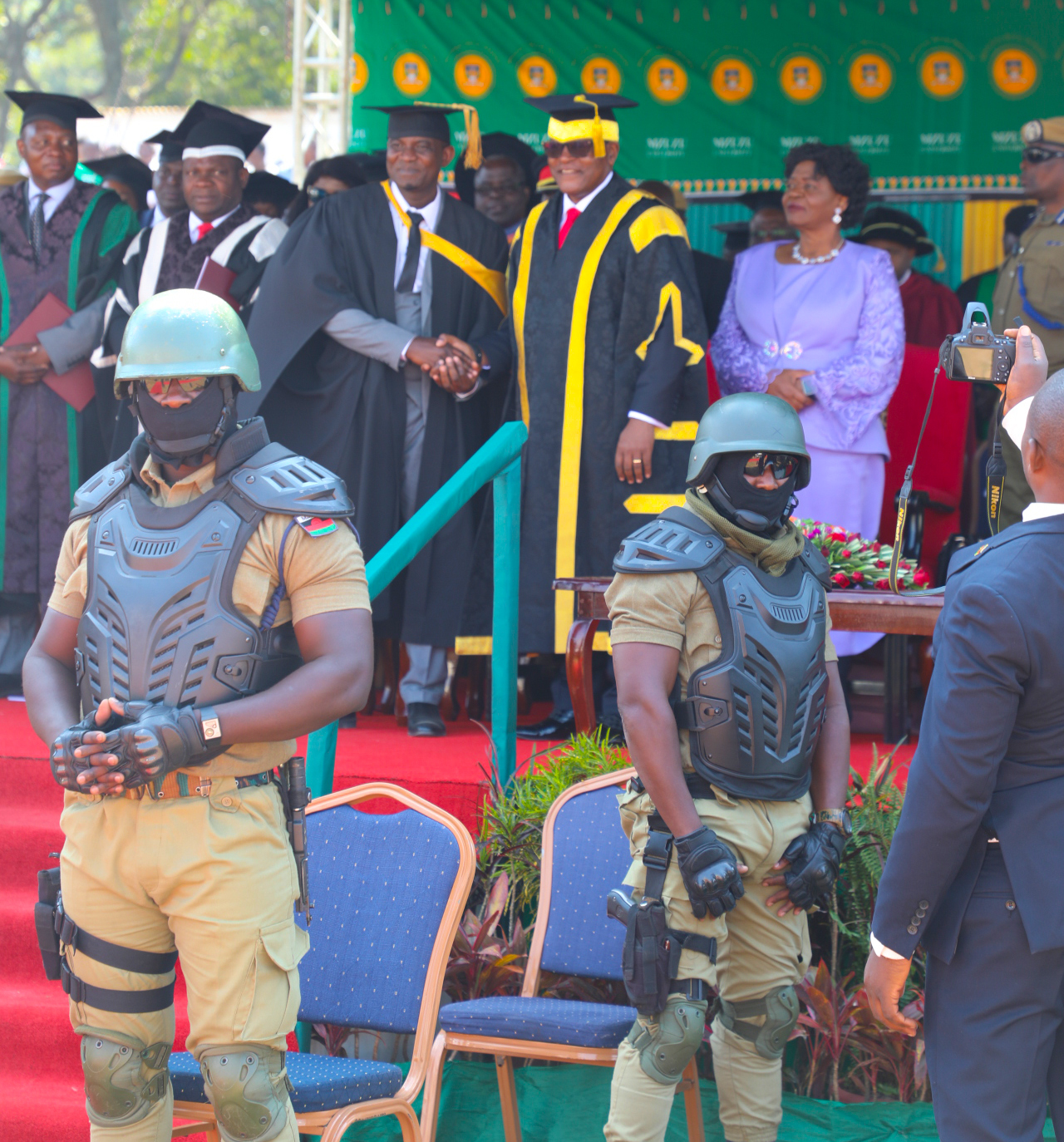
Chakwera hails MZUNI’s innovations
by Cliff Kawanga
His Excellency Dr. Lazarus McCarthy Chakwera, President of the Republic of Malawi and Chancellor of Mzuzu University, has hailed the university’s innovations which will help the country to address a number of challenges.
President Chakwera was speaking during the 26th Congregation on August 1, 2024 during which 2,625 candidates graduated with certificates, diplomas, degrees, master’s degrees and PhDs.
The Chancellor said graduates must show evidence of their education by demonstrating what they can fix.
“In this area of problem-solving, Mzuzu University deserves praise. Not only is problem-solving capacity central to the University’s 10 Year Strategic Plan, but it actively informs the choice and design of the academic programmes.
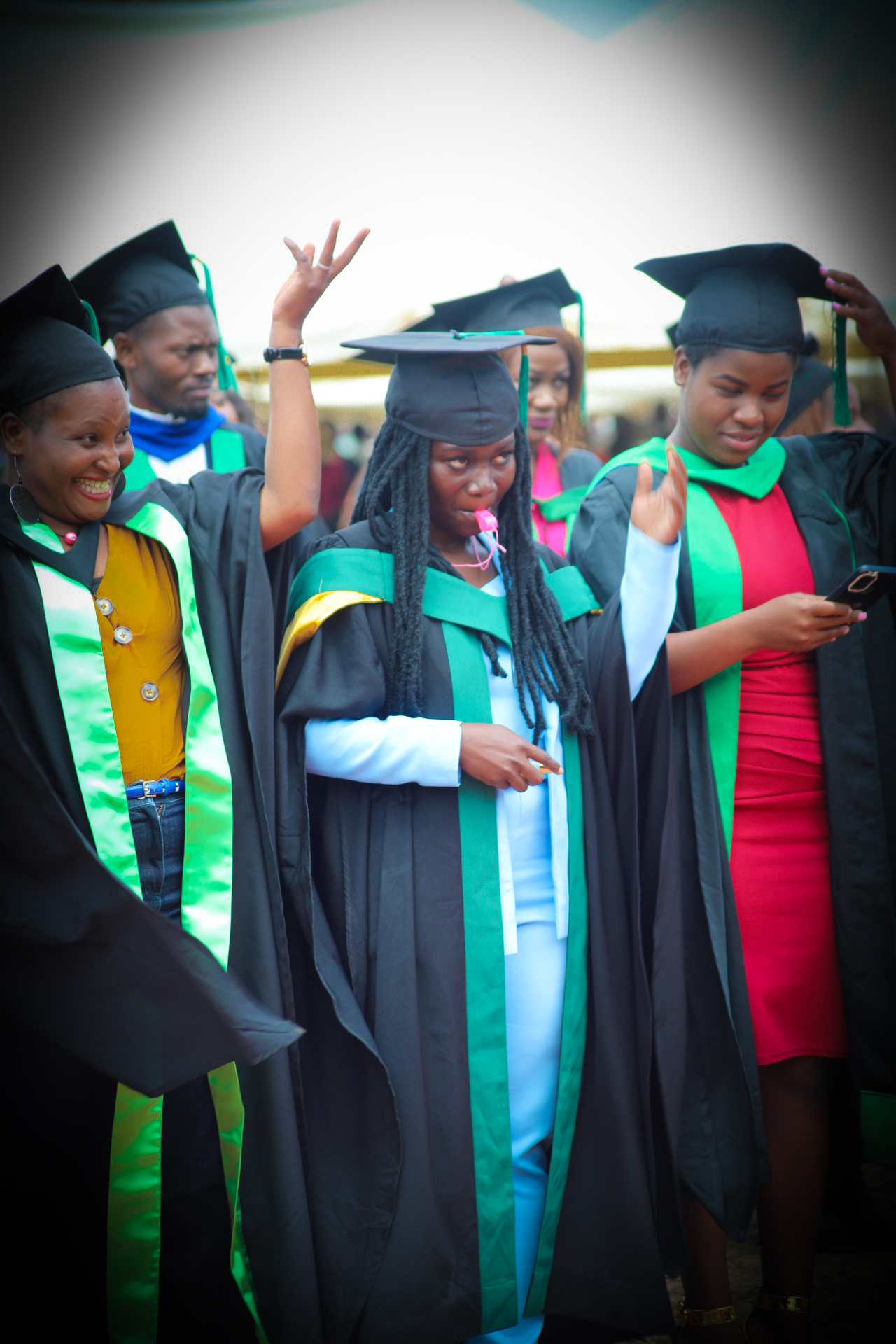
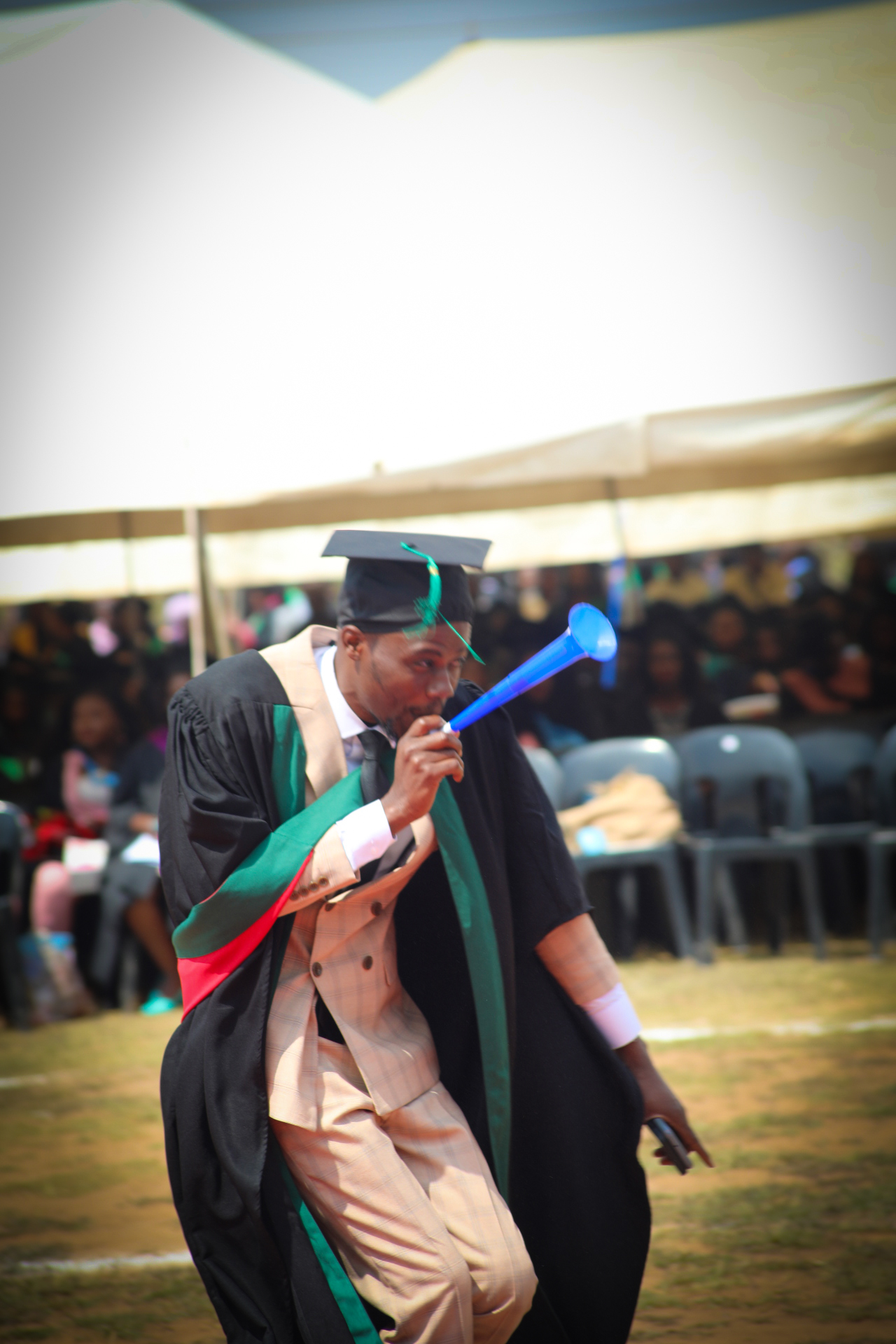
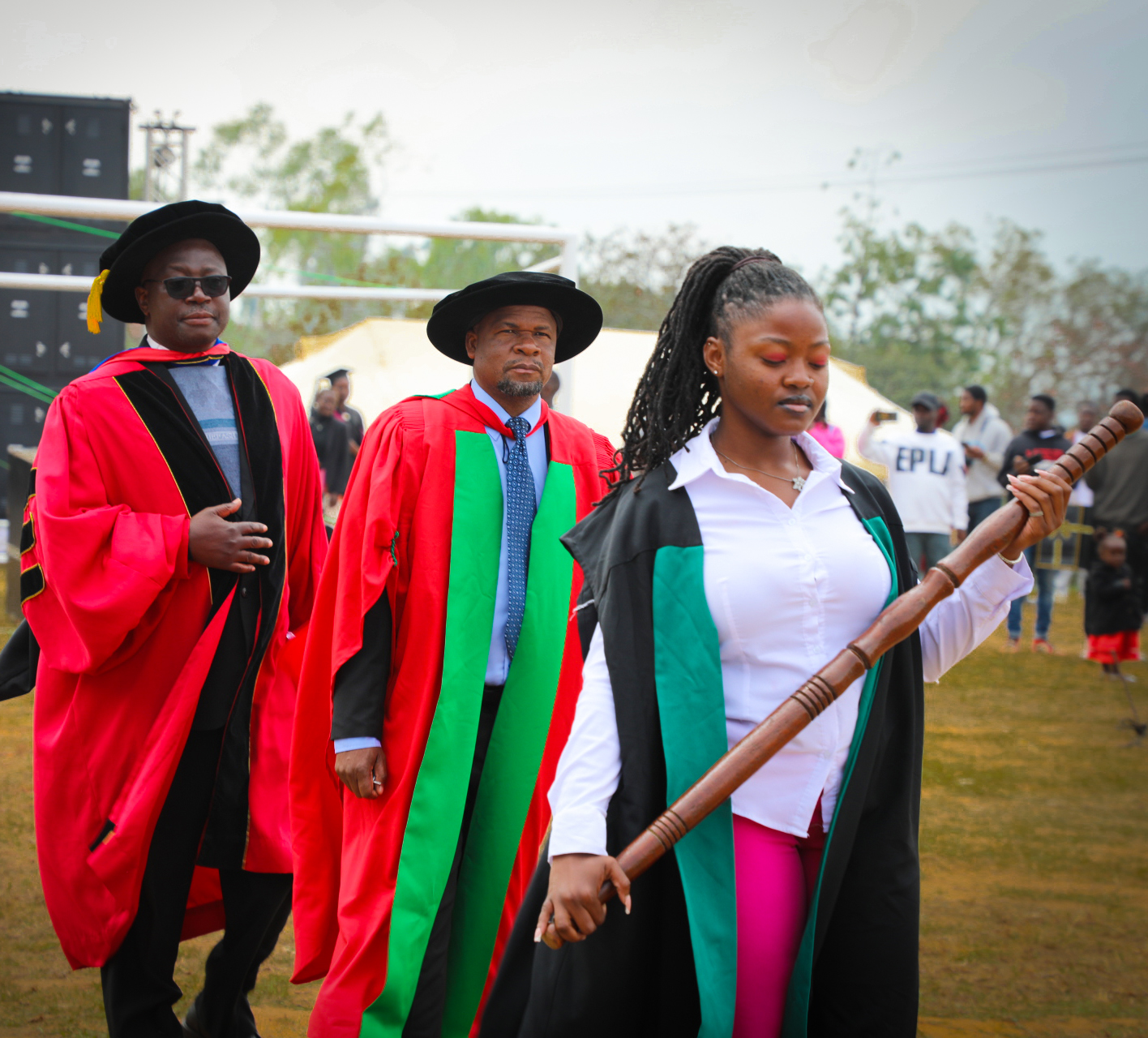
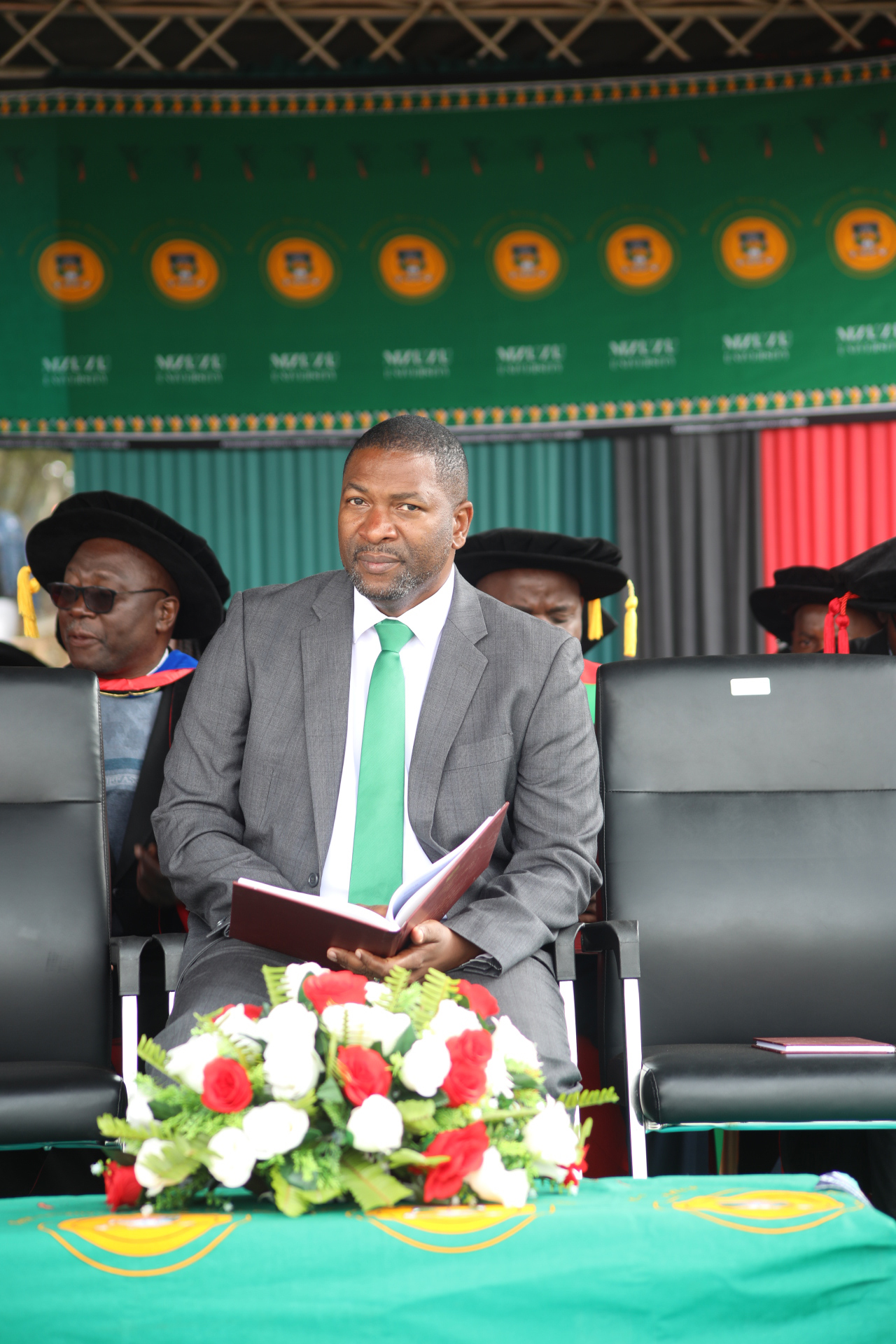
“I know of universities that busy themselves with teaching students to solve problems that no longer exist or that are not the primary problems our country faces, but Mzuzu University has always distinguished itself by being a place that gives its students the tools to solve the problems that Malawi is facing today and the problems Malawi expects to face tomorrow,” he said.
Through collaboration, MZUNI will introduce a number of projects. The University is partnering with Buccelletti Vivai and Agrimedia of Italy to establish a Holticultural and Fruit Micropropagation and Development Centre to support mega farms, and the African Development Bank to support the Promoting Investment and Competitiveness in the Tourism Sector (PICTS) Project and to establish a vibrant Tourism Business Incubation Centre. MZUNI is also actively involved in supporting the production of 20 megawatts of solar energy at Choma.
President Chakwera said graduates should make a difference in the society where they are integrated after successfully completing their studies.
“I know that you are eager to go into the world to show your value and the value of having a MZUNI education, but I want you to remember that in order to be of economic value in this world and in this country, it is not enough to say what you studied or learned in this University. You must also prove it,” he said.
The Chancellor said the world wants to see evidence of the fresh graduates’ education.
“The first evidence of your education is a demonstration of what you can understand … so wherever you go from here, be ready to show the world and your country what you can understand. This is especially important because we now live in a digitized world in which everyone has a platform to spread their ignorance about many subjects, and it is you who are educated who must stand out and set yourself apart by using every platform you have to share expert knowledge and understanding,” Chakwera said.
The President said another evidence of graduates’ education is a demonstration of what they can do.
“It is not enough to just have book knowledge and theoretical understanding because in this country we are trying to achieve the Malawi 2063 Vision …we are restoring Malawi’s reputation and place in the international community by being an active player and aggressive lobbyist on the global issues that affect all nations, such as climate change, international trade, democracy and human rights, and global peace and security. Malawi is no longer the passive bystander we have been in the past,” he said.
He added that the country needs graduates who can do things with excellence citing the establishment of centres of excellence in the public universities and life-changing projects such as Skills for a Vibrant Economy funded by the World Bank.
Chakwera said through training in various areas, the graduates should demonstrate what they can create.
“We need new ideas and new solutions in this country because there are a number of challenges and opportunities that are unique to our country. There are simply no two countries that are exactly alike and it would be a mistake to simply copy and paste solutions from elsewhere or carry on what has been done in the past as if we are not living in a changing world.
“We need graduates who know how to create solutions that didn’t exist before, whether it is new institutions, or new technologies, or new strategies, or new partnerships. If we are going to succeed in building a new Malawi, we need new ideas, and that means we must innovate,” he said.
The Chancellor said he did not see any sector not in desperate need of innovation.
“The private sector is in desperate need of innovation, because if you walk into most businesses in Malawi, you will find that the same systems they used 20 years ago are the systems they are using today. The public sector is in desperate need of innovation, because if you walk into most Government offices in Malawi, you will find that the same systems that were used two decades ago are the systems being used today.
“We are changing all of that, because whether one likes it or not, every system that is no longer serving the interests of Malawians or moving us closer to our development goals will be replaced. So my warning to everyone in Government is simple: you must either get on the train of innovation or you must get out of the way,” he said.
Speaking earlier, MZUNI Vice-Chancellor Professor Wales Singini said MZUNI Council and Management will focus on key game changers in the Strategic Plan that can significantly increase the greatness, honour, relevance and impact of MZUNI echoing the theme of the 26th Congregation.
“We have likened ourselves to Zacchaeus, a tax collector in the Bible who was wealthy and secure but he had a growing sense of dissatisfaction. This is the reason he climbed a sycamore tree to see and meet Jesus. The sycamore tree did not only create a clear line of vision for Zacchaeus, it also helped him to rise above the crowd and see the Lord clearly. It placed him in the right position for change,” he said.
The Vice-Chancellor said like Zacchaeus, with all the transformation taking place, MZUNI has a growing sense of dissatisfaction with the contribution made to the society and would want to do more.
“I am pleased to announce that 52 programmes have been accredited by the National Council for Higher Education. We believe the delivery of the accredited curricula will significantly contribute to nurturing quality and relevant graduates.
“I would like congratulate the graduands for the achievement. The world is expecting more from you after acquisition of this knowledge, skills and experience. Use these to the best of our Mother Malawi. Become champions of excellence and innovations and not drunkards and drug addicts,” he said.
The Vice-Chancellor cited a number of infrastructural projects taking place at MZUNI which include the 5500-capacity library and auditorium, the upcoming 2000 Entrepreneurs Training and Incubation Center through the World Bank SAVE Project, the 1500 capacity post graduate center through the World Bank African Centres of Excellence, the 2000 bed space students accommodation through the Public Sector Investment Programme (PSIP), and the 4726 bed space students accommodation through Public Private Partnership.
MZUNI Council Chairperson Ambassador Hawa Ndilowe (retired) said in its three years of service to MZUNI the Council has identified short to medium term game changers to focus on in order to increase the greatness, honour, relevance and impact of MZUNI.
The Council’s direction is to focus on expansion of the ODeL mode of delivery to all faculties in order to contribute to increasing access to higher education; Programme Quality Improvement by promoting linkages with industry within Malawi and beyond, promotion of internships and externships for staff and students, and promoting MZUNI niche programmes; infrastructure development; strengthen institutional financial and investment stability towards becoming financially self-reliant; oversee the establishment of research centres and implementation of research value chain; and promotion of research partnerships; ensure full implementation of the Performance Management System and the Customer Service Charter so that they are part of the MZUNI culture; oversee full implementation of the Integrated Management Information System and 100% automation of system processes.
“MZUNI has increased access to higher education by 18 percent for 2023/24 harmonised selection coordinated by National Council for Higher Education,” she said adding that the University has contributed 16,410 skilled labour force to the market since 2001 when MZUNI held its first congregation, responding significantly to the Enabler 5 of the MW2063 (Human Capital Development).
“I would like to advise the graduands to work hard, pursue excellence and put to optimum use the knowledge, skills, attitudes and experiences you have gained and I encourage you to be a graduate with a difference, an employee or employer with a difference by being ethical and of high integrity,” she said.
During the 26th Congregation, 2,652 candidates have graduated (1,538 males representing 58 percent and 1,114 females representing 42 percent). Out of that 78 are postgraduate (50 males representing 64 percent and 28 females representing 36 percent).

